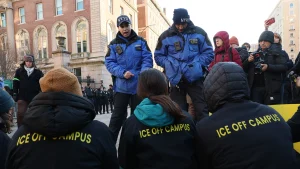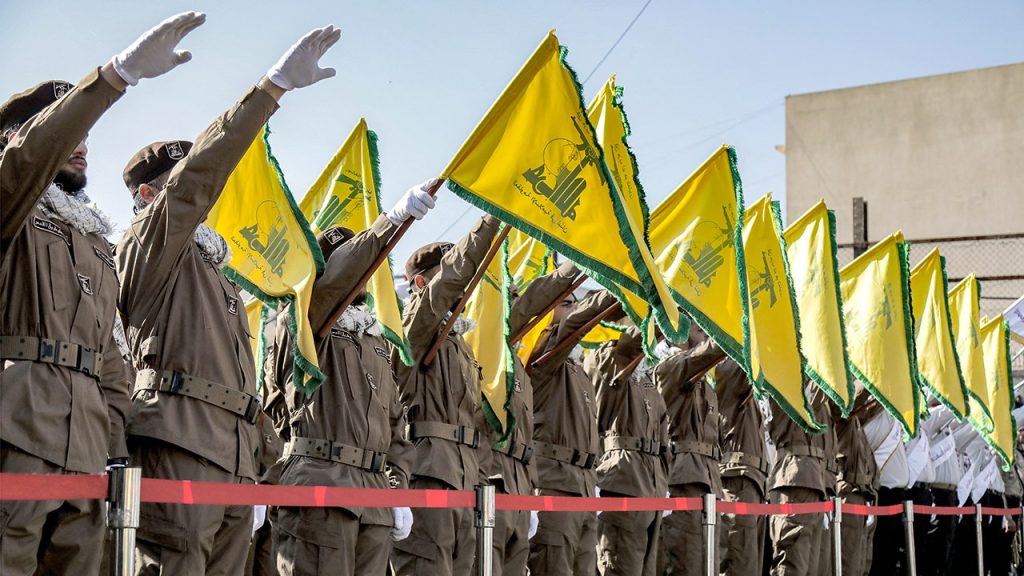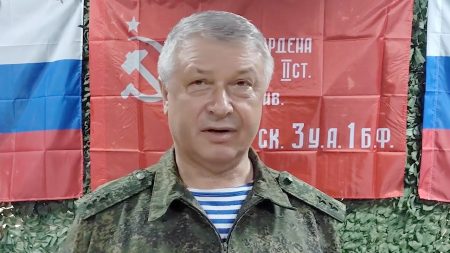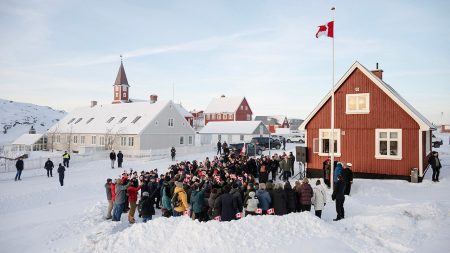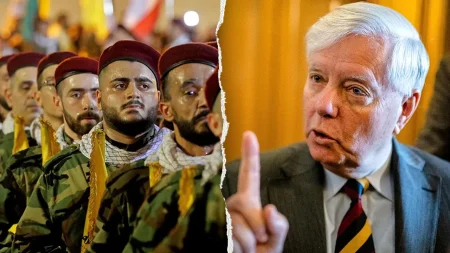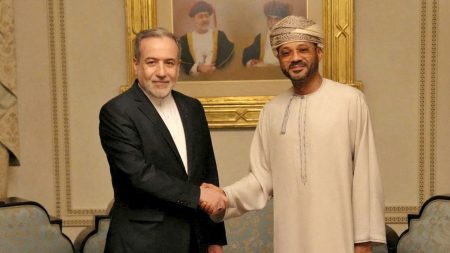Iran and Hezbollah’s Narco Empire in Venezuela: The Growing Threat to US Security
Last week’s deadly U.S. strike in the Caribbean represents a significant escalation in America’s efforts to dismantle what experts describe as a growing narco empire operated by Iran and Hezbollah in Venezuela. This operation highlights the complex web of relationships between terrorist organizations, drug cartels, and the Venezuelan government under Nicolás Maduro. The strike specifically targeted elements connected to Tren de Aragua, a criminal organization with documented ties to the Cartel of the Suns – a network of Venezuelan military elites long accused of cocaine trafficking in collaboration with Hezbollah.
The Trump administration has emphasized its commitment to confronting this threat. State Department spokesperson Anna Kelly noted that “President Trump has taken numerous actions to curtail Iran’s terrorist proxies like Hezbollah,” including sanctions against senior officials and financial facilitators. The recent military action reinforces this hardline approach, demonstrating that the administration will “hold any terrorist group accountable that threatens the national security of our country by smuggling narcotics intended to kill Americans.” This stance represents a significant shift in treating Hezbollah’s Latin American operations not merely as a regional issue but as a direct threat to American security.
According to retired DEA special agent Brian Townsend, Hezbollah plays a sophisticated role in this criminal ecosystem without directly handling drugs. “They don’t get their hands dirty,” Townsend explained. “Instead, they launder and provide networks to help cartels send money through the Middle East. Simply, they take a cut from the drug trade, which then funds their operations in the Middle East.” This arrangement makes Hezbollah “a main finance and money launderer for narco-terrorism groups like Tren de Aragua,” ensuring they profit from cocaine shipments while maintaining plausible deniability. The terrorist organization effectively serves as the financial backbone for various criminal enterprises operating throughout Venezuela and beyond, converting drug profits into funding for their activities in the Middle East.
The foundation of Hezbollah’s influence in Latin America rests on the region’s substantial Lebanese diaspora, particularly within Shia communities. Danny Citrinowicz, a senior fellow at Israel’s Institute for National Security Studies, explains that “most of the Shia diaspora, at least in Central and South America, is Lebanese,” and “Hezbollah is the connector between the diaspora and Iran.” The organization systematically cultivates these connections by appointing imams, funding religious centers, and controlling educational programs. Through these established networks, Hezbollah develops the relationships necessary to interact with local cartels, facilitate drug trafficking, and channel profits back to Lebanon through sophisticated money laundering schemes. This strategic positioning makes Hezbollah an invaluable asset in Iran’s Western Hemisphere strategy, with their operations united by a shared “enmity towards the West in general, specifically to the United States.”
The relationship between Iran, Hezbollah, and the Maduro regime operates as a mutually beneficial arrangement, though experts suggest Iran ultimately holds the upper hand. “Iran’s partnership with Maduro enables Hezbollah to operate in Venezuela. Iran gets to safely operate, through Hezbollah, in the West without prosecution, and Maduro and his officials get paid well,” Townsend noted. Under both Maduro and his predecessor Hugo Chávez, Venezuela has transformed into a major transshipment hub for Colombian cocaine, with state infrastructure—including ports, air bases, and military convoys—being utilized to move massive drug shipments. The Cartel of the Suns, comprised of high-ranking military officers, manages and protects these operations, while Hezbollah provides the critical service of laundering the resulting drug money. Iran has further cemented this relationship through military cooperation, including building UAV factories for the Venezuelan army, conducting Quds Force flights between the countries, teaching Venezuela how to bypass international sanctions, and investing billions into the Venezuelan economy.
Security experts believe that disrupting the financial networks underpinning these operations represents America’s most effective strategy. Townsend advocates for “aggressively targeting and choking these financial networks,” noting that “if we can cut off the financial arteries, the cocaine won’t be as profitable.” Citrinowicz supports this approach, suggesting that “by weakening Maduro, the U.S. weakens the Iranian presence in Latin America and weakens Iran’s ability to threaten U.S. soil.” The recent Caribbean strike appears to be part of this broader strategy, signaling a recognition that Hezbollah’s narcotics empire in Venezuela has evolved from a regional concern into a direct threat to American homeland security. As this threat continues to develop, we can expect to see more aggressive countermeasures from the United States aimed at dismantling the financial and operational infrastructure that supports these interlinked criminal and terrorist enterprises.
